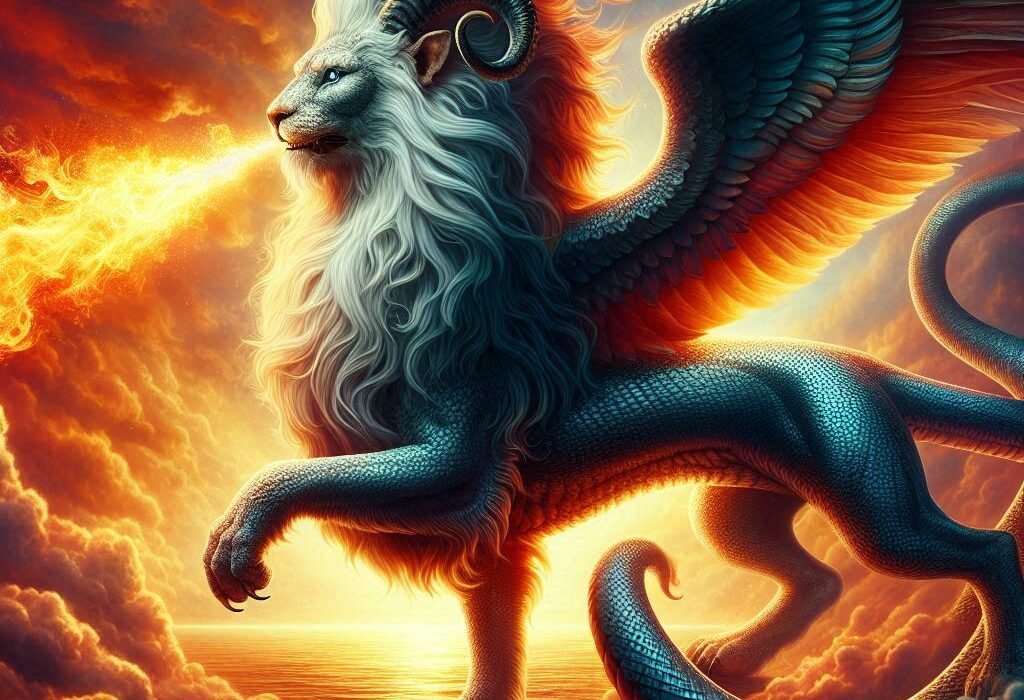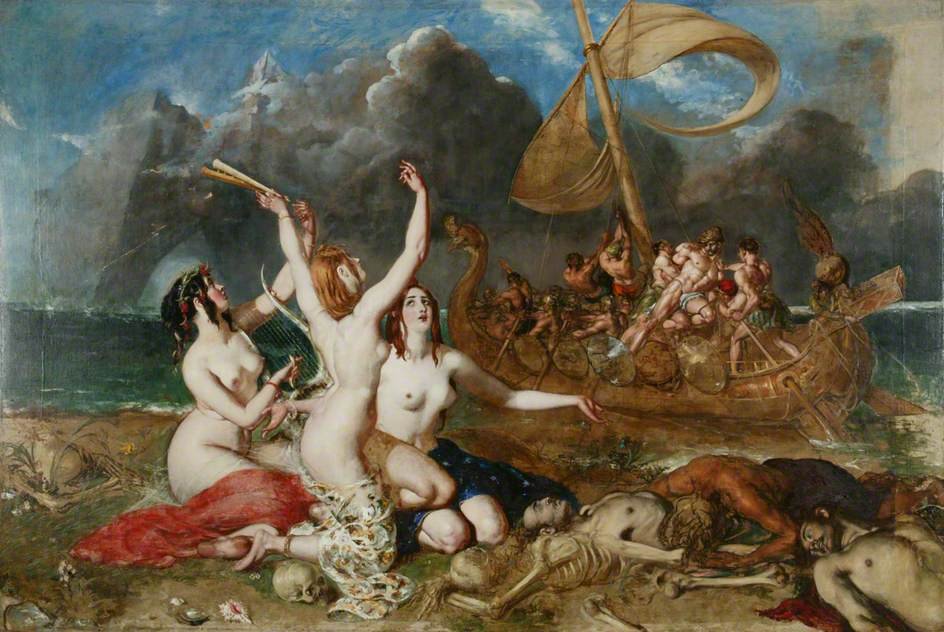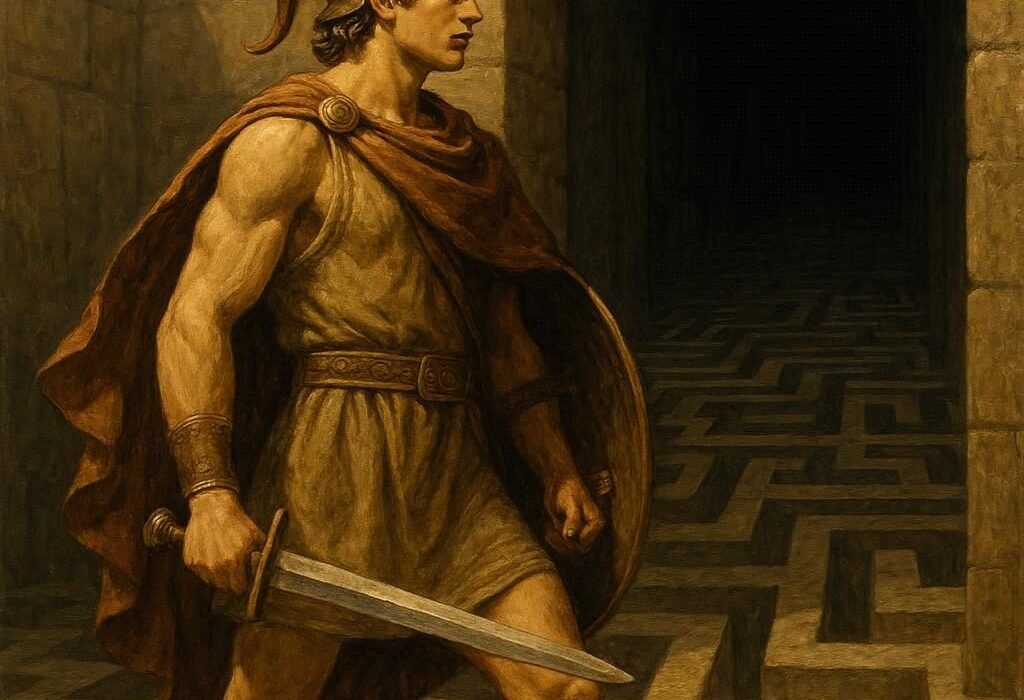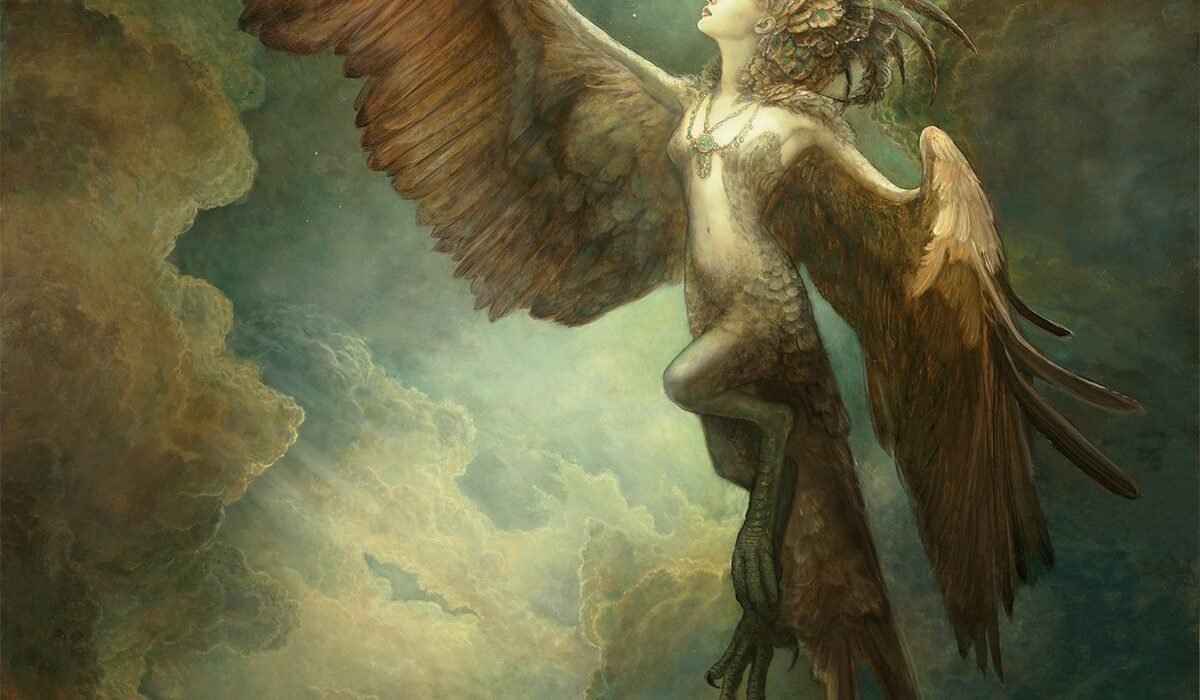In the history of storytelling, there are battles that do not fade. They linger in human memory not merely for their violence, but for their meaning. Among them stands one duel above nearly all others—the confrontation between Achilles, the greatest warrior of the Greeks, and Hector, the prince and protector of Troy. This was no ordinary encounter. It was the clash of pride and duty, rage and responsibility, destiny and mortality.
Their duel, immortalized in Homer’s Iliad, has thundered through the centuries. It is not simply the tale of two men fighting to the death. It is the story of human honor, the cost of war, and the inevitability of fate. When Achilles and Hector met outside the walls of Troy, the ancient world stopped and listened. And in many ways, so do we today.
The Larger War: Troy in Flames
To understand the gravity of this duel, one must first grasp the war that surrounded it—the legendary Trojan War. According to myth, it began with a quarrel among goddesses and the fateful judgment of Paris, a Trojan prince who awarded the golden apple of beauty to Aphrodite in exchange for the love of Helen, the most beautiful woman in the world. Helen was already married to Menelaus, king of Sparta, and when Paris carried her off to Troy, the Greeks launched a thousand ships to bring her back.
This conflict was no mere border dispute. It was a collision between two worlds: the proud city of Troy, wealthy and formidable, and the coalition of Greek kings who laid siege to it. For ten long years, the war dragged on, fueled not only by human ambition but by the meddling of the gods, each of whom took sides.
In this war, heroes rose and fell—Ajax the Great, Diomedes, Odysseus, and Aeneas. Yet no figure burned brighter than Achilles, son of the sea goddess Thetis, whose unmatched skill in battle made him nearly invincible. And no defender was more vital to Troy’s survival than Hector, eldest son of King Priam, whose courage and sense of duty made him the city’s beating heart.
Their paths were bound to cross, and the world knew it.
Achilles: The Rage of a Demigod
Achilles was unlike other men. Born of a mortal father, Peleus, and a divine mother, Thetis, he embodied both the vulnerability of humanity and the terrifying power of the gods. His mother, desperate to protect him, had dipped him into the river Styx as a child, making his body invulnerable—except for the small heel by which she held him.
But Achilles’ true power did not come from his near invincibility. It came from his rage. Homer’s Iliad begins not with a description of the war, but with the line: “Sing, O Muse, of the rage of Achilles.” His fury was a force of nature, unpredictable, destructive, and unstoppable.
Yet Achilles was more than a killing machine. He was a man caught in the tension between glory and life. His mother had told him he faced two fates: he could stay home and live a long, obscure life, or he could fight at Troy, win everlasting fame, but die young. Achilles chose glory, and it defined him.
When insulted by Agamemnon, the Greek commander, who seized his war prize Briseis, Achilles withdrew from battle, leaving his comrades to suffer. Only after the death of someone he loved more than any other—Patroclus—did his rage ignite again, burning with a vengeance that would change the course of the war.
Hector: The Heart of Troy
If Achilles represented individual glory, Hector represented collective duty. He was not half-divine, nor blessed with invulnerability. He was mortal, flesh and blood, bound to the earth and the expectations of his people. He was Troy’s greatest warrior not because he sought eternal fame, but because he carried the weight of his city on his shoulders.
As the eldest son of King Priam and Queen Hecuba, Hector was heir to Troy’s throne. But his greatness was not only royal by birth; it was earned on the battlefield. Day after day, he fought back the Greek tide, protecting his city, his family, and his people. To the Trojans, Hector was not just a warrior—he was the embodiment of their hope.
Perhaps the most poignant scene in the Iliad is not on the battlefield but within the walls of Troy, when Hector bids farewell to his wife, Andromache, and their infant son, Astyanax. She begs him not to return to the fight, fearing his death and the fall of Troy. But Hector gently insists that he must go, for honor and duty demand it. His son reaches out, frightened by the horsehair crest on Hector’s helmet, and Hector removes it, laughing, before placing it on the ground. In that tender moment, the man who bore the weight of war revealed his humanity.
Hector knew he was marching toward death. But unlike Achilles, who sought it for glory, Hector accepted it because he must.
The Death of Patroclus: Spark of the Duel
The stage for the fateful duel was set by a tragedy. Achilles, still furious at Agamemnon, refused to fight. The Greeks suffered terribly under Hector’s assault, and in desperation, Achilles’ dearest companion, Patroclus, begged to enter the battle wearing Achilles’ armor. Achilles agreed, but warned him not to go too far.
Patroclus did not listen. With the Greeks rallied by what they believed was Achilles himself, Patroclus fought with fury, driving the Trojans back to their gates. But there, Hector confronted him. Believing he was facing Achilles, Hector killed Patroclus, striking him down and stripping his armor.
When news of Patroclus’ death reached Achilles, his grief turned to a fury that shook the earth. He had lost more than a comrade; he had lost the other half of his soul. In his rage, Achilles reentered the war, a blazing storm of vengeance. He cut down Trojans without mercy, driving them back to their city walls. And there, inevitably, he demanded Hector.
The Duel Outside the Walls
The day came when Hector stood alone outside the gates of Troy, awaiting Achilles. Inside the walls, King Priam and Queen Hecuba begged him to return, to save himself, to live another day. But Hector’s sense of honor would not allow it. He could not retreat and abandon Troy.
When Achilles approached, he was a terrifying sight—his armor gleaming, his wrath palpable, his very presence radiating death. Hector’s courage wavered, and for a moment, he fled around the walls of Troy. Three times he ran, with Achilles in pursuit, until the gods themselves intervened to halt his flight.
Finally, Hector stopped. He faced Achilles with a calm dignity, knowing full well that death awaited him. He proposed a pact: that whichever man fell, the victor would return his body to his family for proper burial. Achilles, consumed with rage, refused.
The duel began, swift and merciless. Hector hurled his spear—it glanced off Achilles’ shield. He drew his sword and charged, but Achilles’ armor was impenetrable. Guided by Athena, who deceived Hector into thinking he had another spear, Achilles closed in. With his own spear, he found the one vulnerable spot—Hector’s neck—and struck.
As Hector lay dying, he begged Achilles to return his body to Troy. But Achilles, blinded by grief and wrath, denied him. Instead, he lashed Hector’s body to his chariot and dragged it around the walls of Troy for all to see. It was an act of vengeance so brutal that even the gods recoiled.
The Aftermath of the Duel
The duel ended not only Hector’s life but also Troy’s last hope. Without their prince and protector, the Trojans’ spirit was broken. Though the city would hold on for a time, its fate was sealed.
Yet even Achilles’ wrath softened in time. King Priam, Hector’s aged father, entered the Greek camp under cover of night, guided by the gods. Kneeling before Achilles, he kissed the hands that had killed his son. He begged for Hector’s body, not as a king but as a grieving father.
In that moment, Achilles’ heart broke open. He remembered his own father, Peleus, far away in Greece, and the inevitability of his own death. Weeping, he returned Hector’s body. The duel had ended in violence, but its aftermath was one of recognition—of shared humanity, even between enemies.
Themes of Fate and Mortality
The duel between Achilles and Hector is more than a military clash. It is a confrontation with the deepest themes of human existence.
It is about fate—for both men knew their destinies long before they met. Achilles knew his death was near, for after Hector’s fall, his own would soon follow. Hector knew his city would fall without him, but his honor bound him to fight. Their choices, though different, both led inexorably to the same end: mortality.
It is about honor and duty. Achilles fought for glory and vengeance; Hector fought for family and city. Both men embodied values that continue to resonate, reflecting the eternal conflict between personal desire and collective responsibility.
And it is about the cost of rage. Achilles’ fury, though it won him victory, also stripped him of humanity until Priam’s plea restored it. The duel reminds us that unchecked anger consumes not only enemies but the self.
The Enduring Legacy
More than 2,700 years after Homer first sang the Iliad, the duel of Achilles and Hector remains one of the greatest stories ever told. Artists have painted it, poets have retold it, playwrights have staged it, and filmmakers have brought it to modern audiences. Its themes are timeless, its emotions universal.
Achilles and Hector are not merely characters from myth. They are reflections of us. In Achilles, we see the burning drive for glory, the destructive force of rage, and the pain of loss. In Hector, we see duty, love, courage, and the acceptance of mortality.
Their duel shook Troy, but it also shook humanity awake to its own struggles with honor, rage, and fate. That is why the story endures, why it still grips us, why it still matters.
The Duel That Lives Forever
In the dust outside Troy, two men met and fought. One was nearly invincible, the other entirely mortal. One sought glory, the other sought duty. Both found death waiting on the other side.
The duel between Achilles and Hector was not the end of the war, but it was its heart. It was the moment when myth became more than myth, when poetry touched upon eternal truth. The clash still reverberates because it is not only about warriors long dead—it is about the human condition.
To remember Achilles and Hector is to remember ourselves. It is to remember that life is fleeting, that honor has many faces, that rage can both destroy and teach, and that even in enmity, humanity can break through.
The duel shook Troy. The duel still shakes us.






